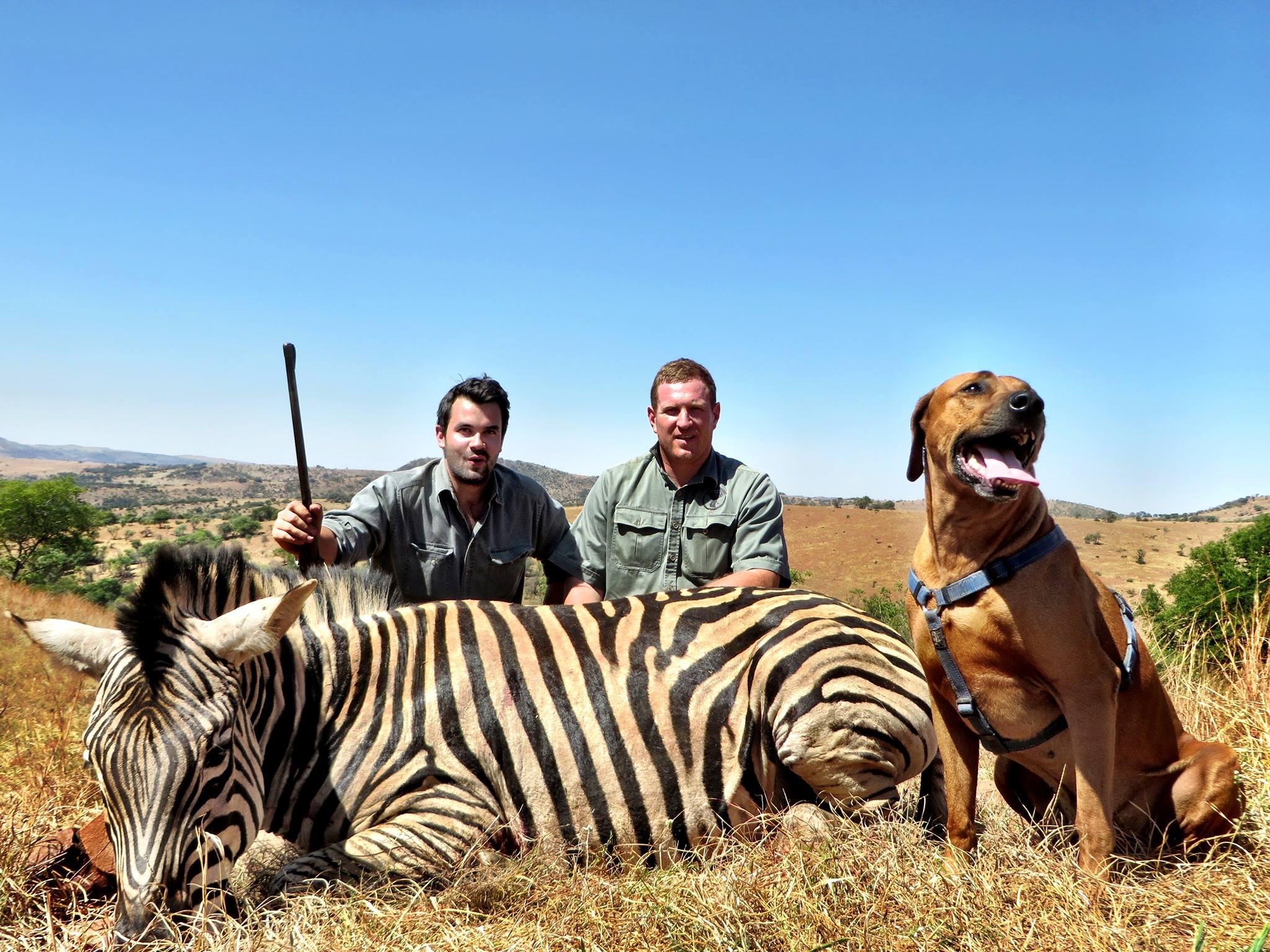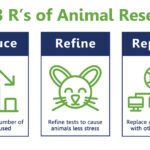In the modern discourse surrounding wildlife conservation and animal rights, few topics elicit as much fervor and debate as big-game hunting. To many, it is an exhilarating testament to human skill and tenacity; to others, it is an insidious form of animal cruelty masquerading as sport. This dichotomy prompts an essential question: Is big-game hunting truly a sport grounded in tradition and conservation, or is it a thin veneer that conceals the profound exploitation and suffering of sentient beings?
At first glance, proponents of big-game hunting present compelling arguments. They often tout the economic benefits associated with hunting tourism in vulnerable regions, claiming that hunter dollars contribute significantly to conservation initiatives and local economies. Furthermore, they argue that regulated hunting practices can aid in maintaining healthy animal populations by curbing overpopulation and preventing habitat degradation. There is indeed a semblance of logic in this rationale, where the financial influx ostensibly enables communities to invest in conservation measures that protect not only the targeted species but the broader ecosystem as well.
However, this line of reasoning is not without its substantial caveats. One cannot overlook the ethical implications of commodifying wildlife for leisure and sport. When animals are viewed as mere objects of profit, the reverberations affect the core principles of conservation. In essence, it shifts the perspective from viewing animals as living beings with intrinsic value to perceiving them as mere trophies, which cultivates a culture of desensitization toward their suffering. This perspective raises the fundamental issue of whether it is acceptable to take a life for sport, regardless of the purported benefits.
Delving deeper into the mechanics of hunting, one must acknowledge the psychological and physiological ramifications that accompany the act of killing. It is critical to understand how the hunting experience can engender a detachment from the reality of death. For many hunters, the thrill resides in the challenge and companionship rather than the act of killing itself. However, this thrill may obscure the ethical ramifications of their actions. Is the excitement derived from the act of tracking and killing an animal a justification for inflicting suffering? The sheer distance between hunter and hunted often cultivates an environment where empathy is overshadowed by adrenaline-fueled exhilaration.
The glamorization of trophy hunting exacerbates this detachment. Pictures of hunters posing with their kills circulate widely, often romanticizing the act of hunting while trivializing the life that has been extinguished. This imagery can desensitize audiences and propagate the perception that such acts are noble endeavors, blurring the lines of morality. Moreover, the quest for larger trophies can lead to unethical hunting practices, including the targeting of endangered species or the use of inhumane methods to ensure a successful hunt. As the thrill of conquest dominates the narrative, the ecological and ethical consequences often languish in the shadows.
One must also consider the role of local communities in this complex interplay. Despite the claims of economic benefits, the reality is that many local populations do not directly reap the rewards of hunting tourism. Instead, the profits frequently funnel into the hands of wealthy foreign entities, leaving communities marginally better off, if at all. This disconnection fuels a cycle of poverty and resentment that complicates the supposed conservation benefits of hunting. The exploitation of local resources, driven by external demand for big-game trophies, often leads to conflicts that undermine both human and animal welfare.
In terms of wildlife conservation, the promotion of hunting as a legitimate management strategy raises additional ethical quandaries. Many species targeted during hunts face declining populations due to habitat loss and poaching, challenges that sport hunting alone cannot remedy. The logic used to defend hunting often hinges on an outdated understanding of ecosystems and their delicate balances. Conservation must prioritize holistic approaches that emphasize habitat restoration, anti-poaching efforts, and sustainable practices rather than relying on hunting as a primary management tool.
Furthermore, ethical alternatives to big-game hunting are emerging. Wildlife photography, eco-tourism, and volunteer conservation efforts offer engaging platforms for interaction with wildlife that do not involve killing. These alternatives foster empathy and appreciation for wildlife, encouraging the public to support conservation initiatives without inflicting harm. By embracing these approaches, communities can achieve long-term benefits while nurturing their ecosystems, rather than perpetuating the cycle of exploitation and desensitization inherent in big-game hunting.
In conclusion, while big-game hunting is often framed as a noble sport, the ethical implications reveal a starkly different reality. Beyond the veneer of tradition and economic rationale, the act of killing for sport raises profound concerns about animal welfare, ecological integrity, and social justice. The justification of hunting as a management strategy fails to account for the intricate and fundamental value of wildlife. Shifting the focus toward compassionate and sustainable engagement with wildlife is imperative for both animals and local communities. A reevaluation of our relationship with nature is not merely an academic exercise; it is essential for fostering a future where coexistence, rather than conquest, guides our interactions with the natural world.






